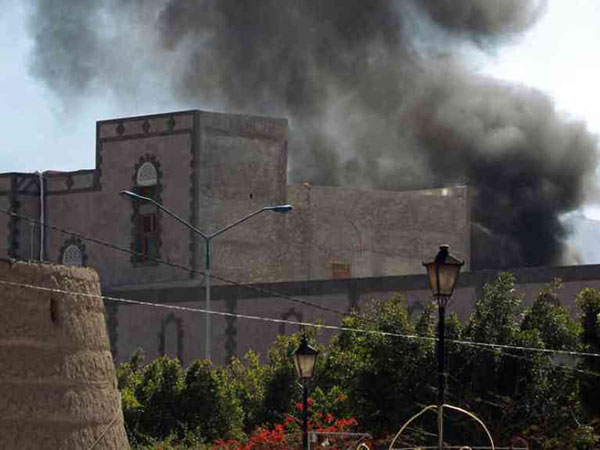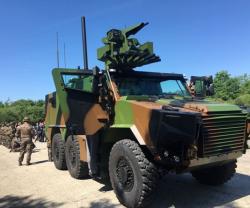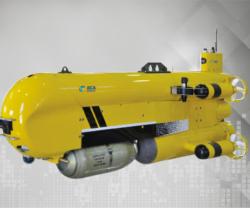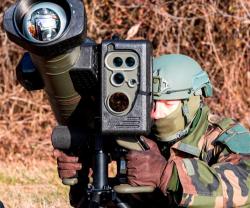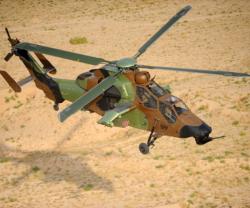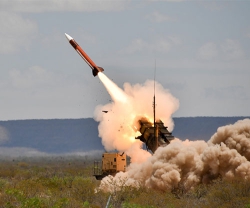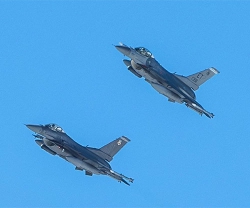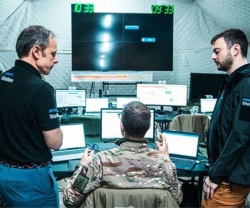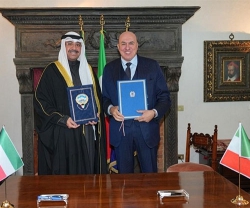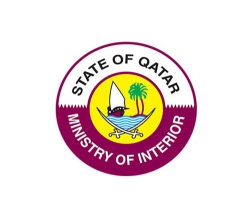At least 25 people were killed and dozens wounded after a car bomb rocked the Defense Ministry in the capital Sanaa on Thursday.
Six doctors, including a Venezuelan and two from the Philippines, were among the people killed, Agence France-Presse (AFP) reported medical and security sources as saying.
The death toll also includes three Yemeni doctors and five patients, among them a judge, at a hospital within the Ministry’s complex that took the brunt of the attack.
A Yemeni official, who put the initial death toll at 18, said two gunmen were arrested, and that al-Qaeda-linked militants are mostly likely behind the blast.
Soon after the blast, clashes between the Yemeni Army and the gunmen ensued. Gunshots were also heard as an ambulance rushed to the scene, a witness told Reuters.
The gunmen started attacking the Ministry's eastern gate while a car bomb hit the western entrance of the building, Mansour al-Zindani, a spokesperson from main opposition party al-Islah Coalition said.
The clashes continued two hours after the explosion, the unnamed official said, adding that some of the gunmen were holed up inside the Ministry.
Zindani said the attack has the mark of al-Qaeda in the Arabian Peninsula (AQAP), which Washington regards as the jihadist network’s most dangerous branch.
“RPGs (Rocket-Propelled Grenades) and a car bombing were used, these are indications that al-Qaeda is behind it,” Zindani said, adding that the scale of attacks have changed from the targeting and assassinations of officials to direct attack of a government buildings.
On September 2012, the Defense Minister escaped a car bomb that killed 13 people in an apparent assassination attempt.
To prevent “shoot and scoot” attacks, the government on Sunday started enforcing a temporary ban on motorbikes in the capital during national dialogue sessions aimed for reconciliation.
The Interior Ministry said the ban will last until December 15 to “preserve security and stability” as Yemen undergoes a difficult political transition.
Yemen is experiencing a tough political transition since President Ali Abdullah Saleh was ousted in February 2012 after a year of deadly protests against his 33-year rule.
The interim government is currently facing myriad of challenges. It is grappling with southern secessionists, al-Qaeda-linked militants and northern Houthi rebels, as well as economic issues inherited from Saleh’s rule.
Source: Al Arabiya; AFP; Reuters

